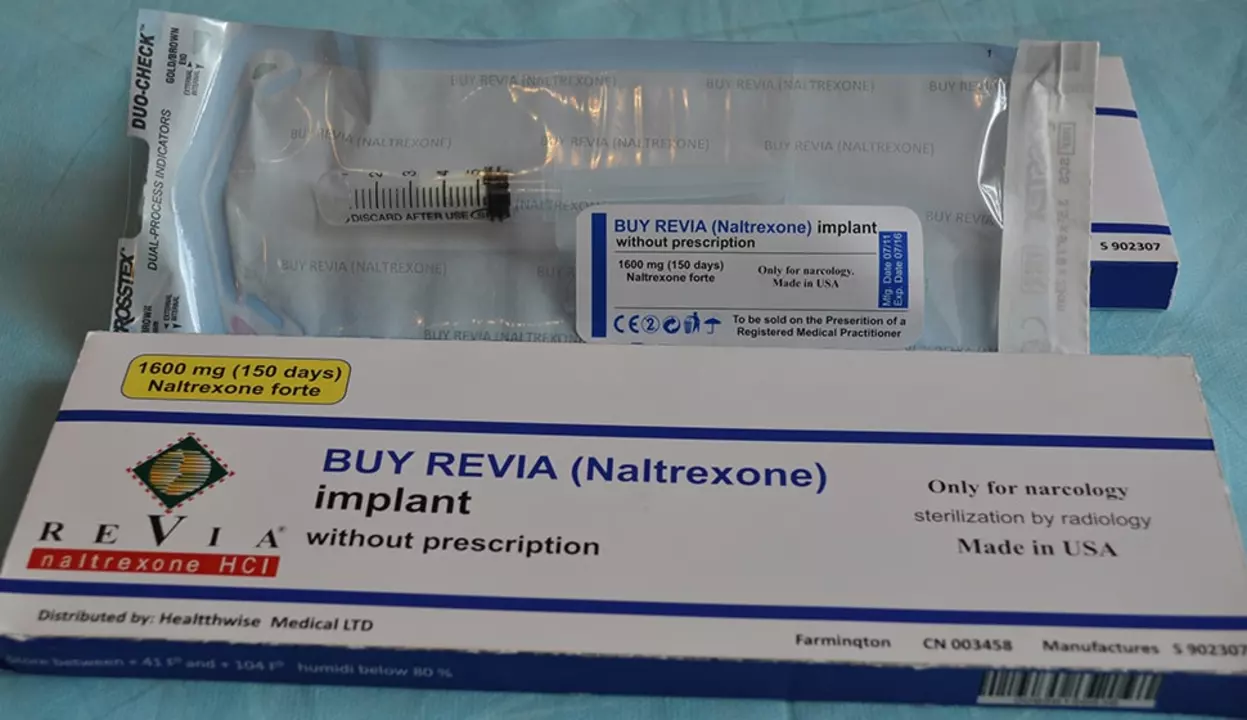Naltrexone: What It Is and When You Might Need It
If you’ve heard the name naltrexone, chances are it came up in a conversation about alcohol or opioid addiction. In simple terms, naltrexone is a medication that blocks the feeling of pleasure from these substances, helping people stay sober. Doctors prescribe it for two main reasons: to reduce cravings for alcohol and to prevent relapse after opioid detox.
Unlike some treatments that replace a drug with another (like methadone), naltrexone works by shutting down the brain’s reward receptors. This means if you drink or use opioids while on the pill, you won’t get the usual “high,” which can make the habit less appealing over time.
How Naltrexone Works
Naltrexone belongs to a class called opioid antagonists. It binds tightly to the same receptors that opioids target, but it doesn’t activate them. Think of it like a key that fits into a lock without turning – it blocks other keys from opening the door. Because of this block, any opioid you take afterward has little effect.
For alcohol, the exact mechanism isn’t fully understood, but research shows naltrexone reduces dopamine release in brain areas linked to reward. Lower dopamine means weaker cravings and a lower chance of binge drinking.
Practical Tips for Using Naltrexone
Before you start, your doctor will want you opioid‑free for at least 7–10 days. This washout period prevents sudden withdrawal symptoms when the medication is introduced. If you’re on naltrexone tablets, they’re usually taken once daily, while the injectable form (Vivitrol) comes as a monthly shot.
Common side effects are mild: nausea, headache, dizziness, or fatigue. Most people notice these fade after a few days. If you feel severe liver pain or yellow skin/eyes, call your doctor right away – naltrexone can stress the liver in rare cases.
When buying naltrexone online, stick to licensed pharmacies that ask for a prescription. Check for real pharmacy credentials and read user reviews about delivery speed and product authenticity. Never buy from sites that promise “no prescription needed” or offer prices far below market – they’re likely counterfeit.
Stay consistent with the dose your doctor gave you. Skipping days can reduce effectiveness, and sudden stops may cause a brief rebound in cravings. Pairing naltrexone with counseling or support groups gives the best chance of lasting change.
In short, naltrexone is a handy tool for people fighting alcohol or opioid dependence. It blocks pleasure signals, eases cravings, and works best when combined with professional guidance. If you think it might help you, talk to a healthcare provider about whether it’s the right fit.
Naltrexone and Sleep: How it Affects Your Rest
In my recent research, I discovered that Naltrexone, a medication commonly used to treat addiction, can also have an impact on our sleep. It turns out that Naltrexone may actually improve sleep quality for some people, while causing sleep disturbances for others. The effects can vary depending on factors such as dosage, individual body chemistry, and the reason for taking the medication. It's essential to consult with a healthcare professional if you're considering Naltrexone and are concerned about how it might affect your sleep. Overall, it's crucial to weigh the potential benefits and drawbacks before making a decision.
© 2026. All rights reserved.

